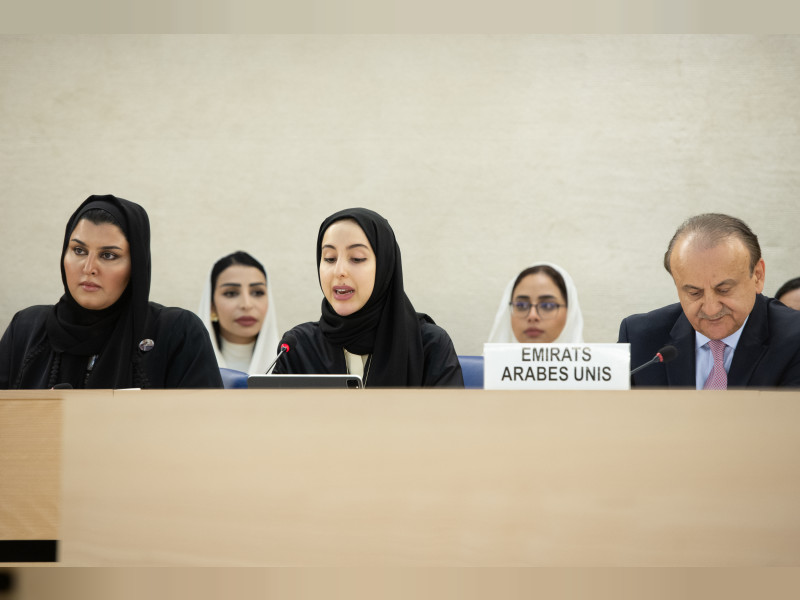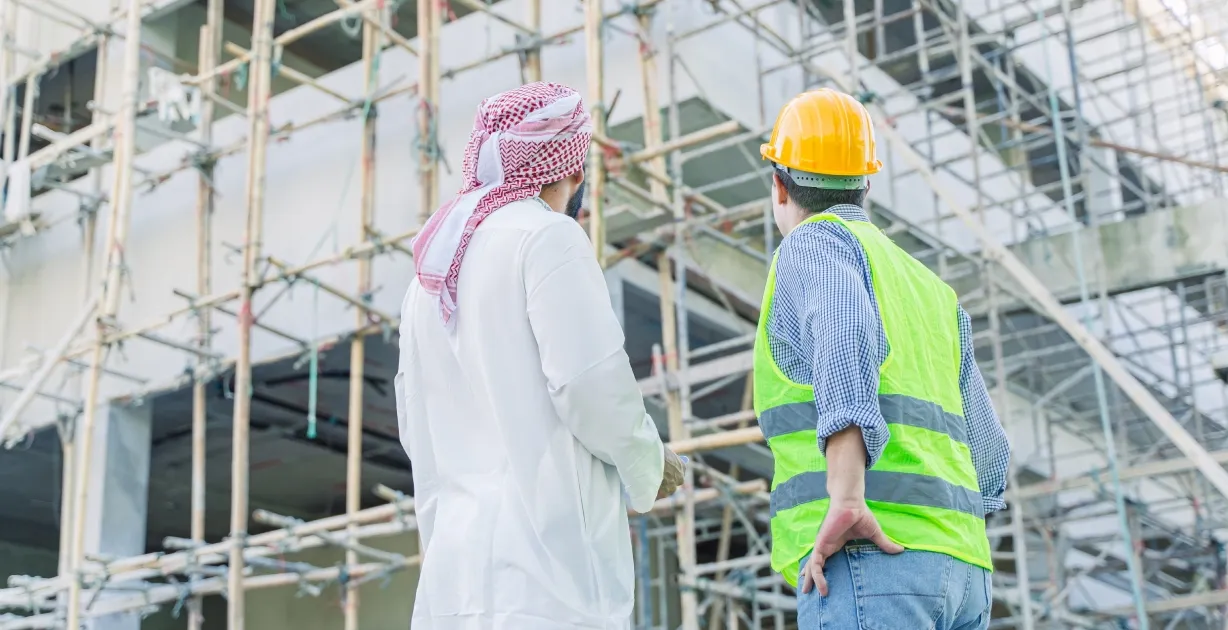In February 2011, Bahrain’s chapter in the Arab Spring began when more than half the population mobilized to protest structural inequalities, corruption, oppression, and a lack of government representation. In response, the Bahraini government dispatched security forces to quell the protests, leading to thousands of arrests, hundreds of injuries, and dozens of deaths. Thousands of[…]
On September 17, 2024, Americans for Democracy & Human Rights in Bahrain (ADHRB) held an event at the Human Rights Council in Geneva, focused on the misuse of INTERPOL tools by authoritarian governments and the implications for human rights. ADHRB has been researching INTERPOL since 2016 and remains convinced that reforms to prevent such abuses[…]
Introduction When we refer to digital rights—in this example, Bahraini rights—we refer to a wide set of human rights that are exercised and defended in the digital sphere. These include liberties like privacy, information access, and freedom of speech. As digital platforms are becoming increasingly important in social, political, and economic life, these rights have[…]
Fourth Cycle UPR Overview During the fourth Universal Periodic Review (UPR) cycle of the United Arab Emirates (UAE), numerous recommendations were made by states urging human rights reforms across various thematic areas, especially freedom of expression, death penalty, torture, independence of the judiciary and fair trial. In total, 323 recommendations were presented to the State[…]
Summary The United Arab Emirates is the country with the highest proportion of international migrants in the world. Labour migration in the kingdom is governed by a restrictive and abusive system, named kafala, that causes numerous and well-documented abuses. This briefing paper contextualizes the kafala system in the Gulf Cooperation Council (GCC) countries and the[…]








